Filter by
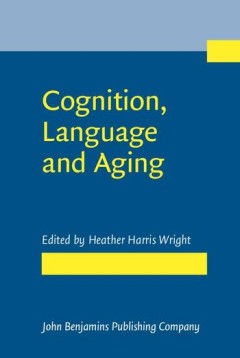
Cognition, language and aging
Age-related changes in cognitive and language functions have been extensively researched over the past half-century. The older adult represents a unique population for studying cognition and language because of the many challenges that are presented with investigating this population, including individual differences in education, life experiences, health issues, social identity, as well as gen…
- Edition
- -
- ISBN/ISSN
- 9789027267313
- Collation
- viii, 248p. : ill.
- Series Title
- -
- Call Number
- 408.46 COG c
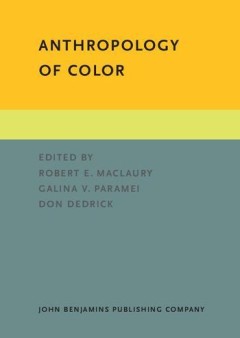
Anthropology of color : interdisciplinary multilevel modeling
The field of color categorization has always been intrinsically multi- and inter-disciplinary, since its beginnings in the nineteenth century. The main contribution of this book is to foster a new level of integration among different approaches to the anthropological study of color. The editors have put great effort into bringing together research from anthropology, linguistics, psychology, sem…
- Edition
- -
- ISBN/ISSN
- 9789027291707
- Collation
- xx, 485p. : ill.
- Series Title
- -
- Call Number
- 306.44 ANT a
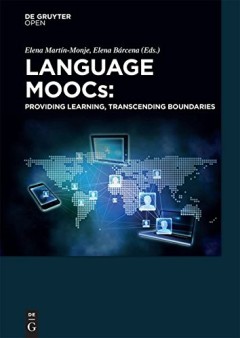
Language MOOCs : providing learning, transcending boundaries
Language MOOCs (or LMOOCs) are dedicated Web-based online courses for second languages with unrestricted access and potentially unlimited participation. They are generating interest and expectation in the contexts of university education, lifelong learning and online training in general. This pioneering book presents an initial analysis of the theoretical and methodological issues underlying LM…
- Edition
- -
- ISBN/ISSN
- 9783110422504
- Collation
- x, 175p. : ill.
- Series Title
- -
- Call Number
- 371.3344678 LAN l
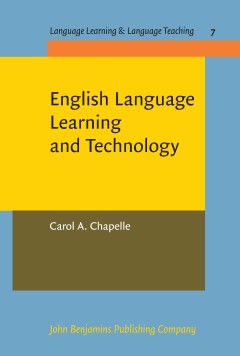
English language learning and technology : lectures on applied linguistics in…
This book explores implications for applied linguistics of recent developments in technologies used in second language teaching and assessment, language analysis, and language use. Focusing primarily on English language learning, the book identifies significant areas of interplay between technology and applied linguistics, and it explores current perspectives on perennial questions such as how …
- Edition
- -
- ISBN/ISSN
- 9789027217042
- Collation
- xvi, 213p. : ill.
- Series Title
- -
- Call Number
- 428.0071 CHA e
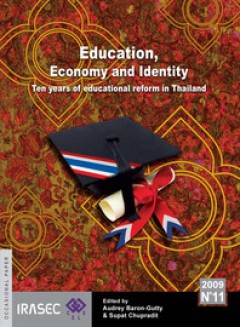
Education, economy and identity : ten years of educational reform in Thailand
Modern education in Thailand started at the end of the nineteenth century under the impulse of King Chulalongkorn. Many scholars tracing back the evolution from traditional education to a modern education system emphasized the feeling of necessity that motivated this transformation. Wyatt (1969), Mead (2004) and Watson (1982) underlined the need for a modern administration, to handle the Si…
- Edition
- -
- ISBN/ISSN
- 9786169028208
- Collation
- 114p. : ill.
- Series Title
- -
- Call Number
- 379.593 EDU e
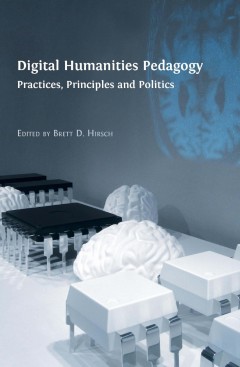
Digital humanities pedagogy : practices, principles and politics
Academic institutions are starting to recognize the growing public interest in digital humanities research, and there is an increasing demand from students for formal training in its methods. Despite the pressure on practitioners to develop innovative courses, scholarship in this area has tended to focus on research methods, theories and results rather than critical pedagogy and the actual prac…
- Edition
- -
- ISBN/ISSN
- 9782821854031
- Collation
- xix, 426p. : ill.
- Series Title
- -
- Call Number
- 001.30711 DIG d
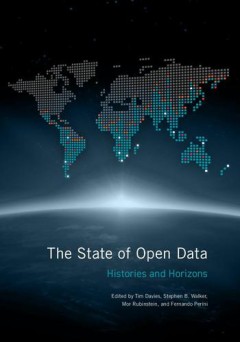
The state of open data : histories and horizons
It’s been ten years since open data first broke onto the global stage. Over the past decade, thousands of programmes and projects around the world have worked to open data and use it to address a myriad of social and economic challenges. Meanwhile, issues related to data rights and privacy have moved to the centre of public and political discourse. As the open data movement enters a new phase…
- Edition
- -
- ISBN/ISSN
- 9781928331957
- Collation
- xiii, 574p. : ill.
- Series Title
- -
- Call Number
- 070.57973 STA s
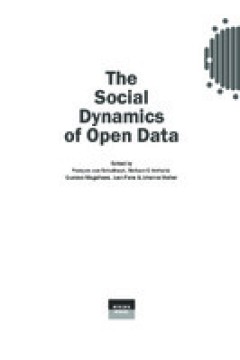
The social dynamics of open data
The Social Dynamics of Open Data is a collection of peer reviewed papers presented at the 2nd Open Data Research Symposium (ODRS) held in Madrid, Spain, on 5 October 2016. Research is critical to developing a more rigorous and fine-combed analysis not only of why open data is valuable, but how it is valuable and under what specific conditions. The objective of the Open Data Research Symposium a…
- Edition
- -
- ISBN/ISSN
- 9781928331568
- Collation
- viii, 200p. : ill.
- Series Title
- -
- Call Number
- 352.88 SOC s
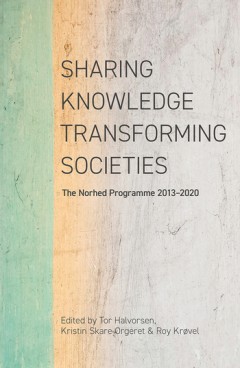
Sharing knowledge, transforming societies : the Norhed Programme 2013-2020
"In June 2016, the Norwegian Programme for Capacity Development in Higher Education and Research for Development (Norhed) hosted a conference on the theme of ‘knowledge for development’ in an attempt to shift the focus of the programme towards its academic content. This book follows up on that event. The conference highlighted the usefulness of presenting the value of Norhed’s different p…
- Edition
- -
- ISBN/ISSN
- 9781928502005
- Collation
- xxxix, 570p. : ill.
- Series Title
- -
- Call Number
- 378.6 SHA s
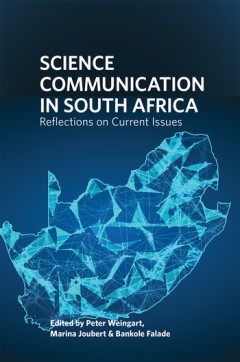
Science communication in South Africa : reflections on current issues
"Why do we need to communicate science? Is science, with its highly specialised language and its arcane methods, too distant to be understood by the public? Is it really possible for citizens to participate meaningfully in scientific research projects and debate? Should scientists be mandated to engage with the public to facilitate better understanding of science? How can they best communicate …
- Edition
- -
- ISBN/ISSN
- 9781928502050
- Collation
- iv, 231p. : ill.
- Series Title
- -
- Call Number
- 001.4028558 SCI s
 Computer Science, Information & General Works
Computer Science, Information & General Works  Philosophy & Psychology
Philosophy & Psychology  Religion
Religion  Social Sciences
Social Sciences  Language
Language  Pure Science
Pure Science  Applied Sciences
Applied Sciences  Art & Recreation
Art & Recreation  Literature
Literature  History & Geography
History & Geography